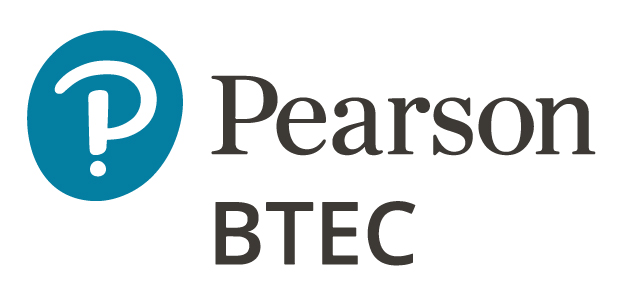Description
The Higher National Diploma (HND) in Law at BCAS Campus provides students with a solid foundation in the core areas of law, combining theoretical knowledge with practical skills essential for a successful legal career. The program is ideal for aspiring lawyers, particularly those who face challenges gaining admission to traditional law colleges or state universities.
This two-year program is awarded by Pearson UK, a globally recognized awarding body, and offers a unique opportunity to gain an in-depth understanding of the law while preparing for advanced education or professional legal roles.
Why Choose the HND in Law at BCAS?
BCAS Campus stands out as one of the few private institutions in Sri Lanka offering a comprehensive and career-focused HND in Law. The program is designed to equip students with both academic rigor and practical legal expertise. It enables students to develop critical thinking, legal analysis, and research skills, preparing them for various legal careers or further studies.
Key Features of the Program:
- Accredited by Pearson UK: The qualification awarded is internationally recognized, ensuring the program’s credibility and acceptance globally.
- Experienced Faculty: Benefit from guidance by faculty members with academic expertise and real-world experience in law.
- Practical Learning: The curriculum integrates both theoretical and practical elements, enabling students to apply what they learn in real-world situations.
- Comprehensive Curriculum: Covering a wide range of legal subjects, the program prepares students for a broad spectrum of legal careers.
- Global Recognition: Pearson’s rigorous evaluation ensures that the HND is respected by universities and employers worldwide.
Topics for this course
Semester 1:
Law of Contract – Introduction to contract law, including formation, terms, and enforcement.
English and Sri Lankan Legal Systems – Overview of the English and Sri Lankan legal systems, their history, and their relationship.
Criminal Law in Sri Lanka – Study of criminal law, including types of crime, defenses, and criminal procedure.
Company Law – Basic principles of company law, corporate structure, and governance.
Semester 2:
Constitutional Law in the UK and Sri Lanka – Comparison of constitutional frameworks in the UK and Sri Lanka, focusing on constitutional rights, powers of government, and judicial review.
Law of Tort in Sri Lanka – Introduction to tort law, covering negligence, defamation, trespass, and personal injury.
Employment Law in Sri Lanka – Study of employment rights, labor contracts, and employer-employee relationships under Sri Lankan law.
Law of Evidence in Sri Lanka – Examination of the rules of evidence, including admissibility, types of evidence, and witness testimony.
Semester 3:
Law of Property in Sri Lanka – Focus on property law, including ownership, transfer, and legal disputes related to property rights.
Human Rights Law – Study of domestic and international human rights law, exploring key human rights treaties and legal frameworks.
Family Law in Sri Lanka – Understanding family law, including marriage, divorce, child custody, and inheritance rights in Sri Lanka.
Interpretation of Statutes – Focus on techniques and rules for interpreting statutes, regulations, and legal texts.
Semester 4:
Commercial Law – Examination of business law, including contracts, trade, and regulatory frameworks governing business practices.
International Law – Overview of international legal principles, treaties, and the relationship between domestic and international law.
Jurisprudence – Study of legal theory, including the nature of law, legal reasoning, and major schools of thought in jurisprudence.
Legal Research Project – Independent research project where students apply legal research methods to a specific legal topic and produce a comprehensive report.
Upon completion of the HND in Law, students cannot join the Sri Lanka Law College to become an Attorney-at-Law unless they have more than 2 passes in their A/L exams (i.e., at least 3 S passes).









